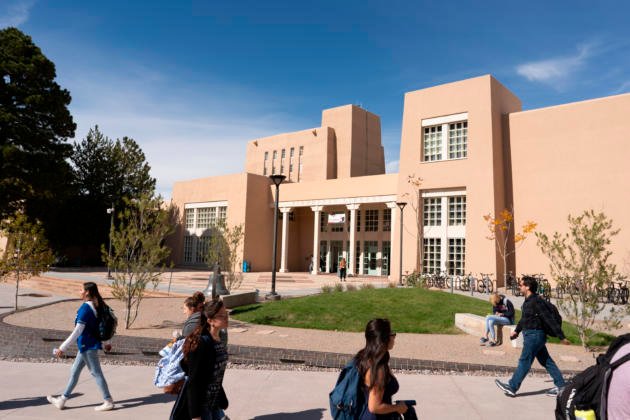There are several factors to consider while deciding what kind of institution best suits your needs and preferences. Some elements you should consider when choosing your college are listed below.
A College, a Church Supports Them
Both public and private colleges are available. The state in which a college is located provides financial support, making it a public institution. The government funds the majority of highly regarded colleges in the US. These institutions can frequently give an excellent education to in-state students for much less money than equivalent private institutions.
Academics: Which majors and courses are you interested in?
Getting an education is a primary motivation to attend college. When selecting a college, it’s crucial to consider the type of academic environment and course diversity. However, it would help if you exercise caution when picking a college based simply on the primary or area of study it offers. 90% of college graduates, according to research, do not have significance in the subject they had initially planned. There are various causes for this. I would advise starting your research by considering colleges in Albuquerque.
However, don’t rule out a smaller college just because you believe the resources might be insufficient. In contrast to major universities, where many specialized resources may be restricted to graduate students only, colleges open all of their resources to their undergraduate students. As a result, small colleges are among the most significant sources of PhDs in this nation.
Liberal, Conservative, and in Between
Every college has a distinctive “feel.” The level of responsibility granted to students by the college administration, the level of rivalry among students, and the degree to which students are involved in social issues are just a few of the many elements that contribute to a college’s atmosphere.
There is no alternative to visiting the college to experience how it is. Students can better understand a campus’ culture by speaking with the faculty, staff, and students there. As you are on campus, take a look around as well. What events are posting posters about, and what topics are people discussing? These are just a few things to consider to comprehend how each college feels.
College students’ gender and whether they are single or coed
There are still some all-female institutions accessible for students to consider, even though most campuses are now coed. Women’s colleges can be an excellent option for the right student because they frequently provide high academics and strong support for women that equivalent coed colleges would not. In addition, almost all women’s colleges today have some affiliation with coed institutions, so even in an all-women’s college, males will be present, dispelling any fears that you will be living in a convent.
Setting: Your desired residence
You can place a lot of importance on the college’s physical atmosphere. Some people favor the wide range of activities that a big city provides. However, living in a big city necessitates changes that not everyone will find pleasant. For instance, the campus of an inner city college is unlikely to resemble a traditional university setting. Instead, it will be made up of dormitories and high-rise classrooms.
Dimensions: Big university or little college
The following are generalizations, so if any of these matter to you, ask the colleges you’re thinking about more details:
Large universities (those with 15,000–50,000 students or more) may provide a wide range of academic opportunities, such as elaborate buildings and expansive libraries, as well as the stimulation of a sizable staff, graduate students, and undergraduates. However, the availability of accommodation, the proportion of graduate students instructing classes, the size of lecture halls, and the opportunity for leadership in campus groups all can become more challenging.
Campus life: What occurs there when students are not in class
The experience of living on a college campus will frequently determine how much fun you have during your college years. In addition to your classwork, extracurricular activities and simply hanging out at the dorm will help you learn while you’re in college. Here are a few elements that may impact your college experience.
Scholarships are a common type of merit-based financial help for students who demonstrate academic excellence or possess a unique talent, such as the musical or athletic ability. Unfortunately, most highly selective universities provide little to no help based on merit.
It would help if you did not consider a college’s cost while choosing one. You did read that correctly. When selecting which institutions to further research, disregard the college’s advertised fee. While many of the most expensive private institutions provide 100% of what students require, less-priced public colleges frequently provide less than 100%. Attending an expensive private college may be more affordable for many students than attending a less expensive state school. Please do not rule out an institution because it is pricey unless you know what proportion of your needs it will meet.

